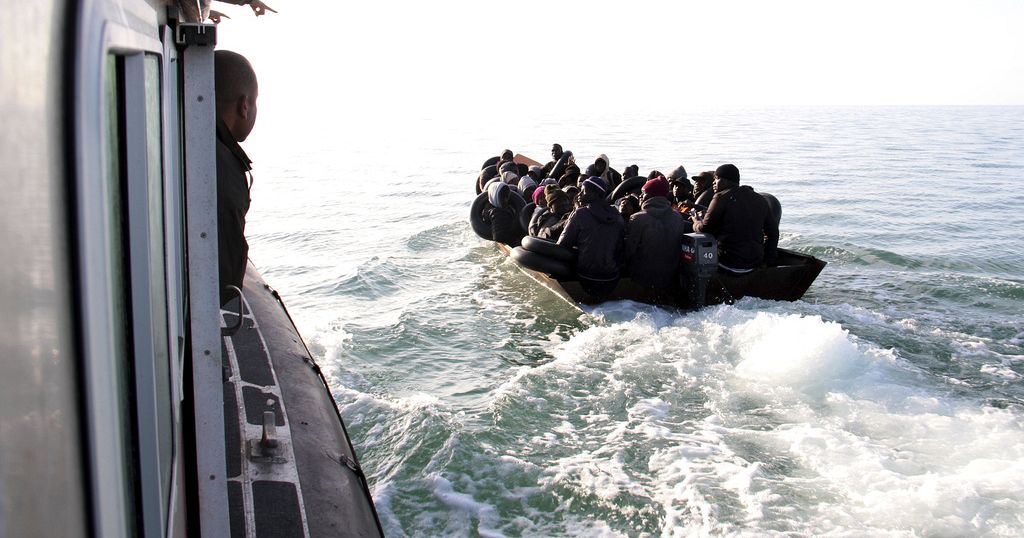Tunisia Repatriates Over 10,000 Irregular Migrants This Year
Tunisia has repatriated approximately 10,000 irregular migrants in 2023, primarily from sub-Saharan Africa, according to Foreign Minister Mohamed Ali Nafti. This development comes as the country faces pressure from the European Union to limit crossings to Europe. The migrants were returned to their home countries through a voluntary program coordinated with the International Organization for Migration (IOM), which included weekly flights to facilitate their repatriation.
The Tunisian government has emphasized its commitment to preventing the country from being used as a transit route for migrants attempting to reach Europe. In 2024, around 7,200 migrants were repatriated under the same program, and authorities plan to continue these efforts until the migration flow is significantly reduced. The repatriation program is part of Tunisia’s broader strategy to manage migration and address the concerns of the European Union.
Thousands of migrants, however, remain stranded in southern Tunisian towns, such as Amra and Jbeniana, where they reside in makeshift camps after being blocked from attempting sea crossings. The tightened maritime security measures have led to a notable decline in the number of migrants successfully reaching Europe this year. This situation highlights the ongoing challenges faced by migrants and the efforts of governments to manage migration flows.
The repatriation of irregular migrants is a complex issue, involving cooperation between governments, international organizations, and other stakeholders. Tunisia’s actions are part of a larger regional and global response to migration, which includes efforts to address the root causes of migration, protect the rights of migrants, and ensure the security and stability of countries of origin, transit, and destination.
The situation in Tunisia and the broader region underscores the need for continued international cooperation and support to manage migration effectively. As the repatriation efforts continue, it is essential to ensure that the rights and dignity of migrants are respected and that they are provided with the necessary assistance and protection. The international community will be closely watching the developments in Tunisia and the region, as the management of migration flows remains a pressing global issue.
